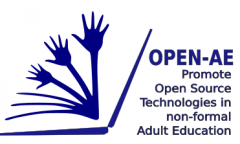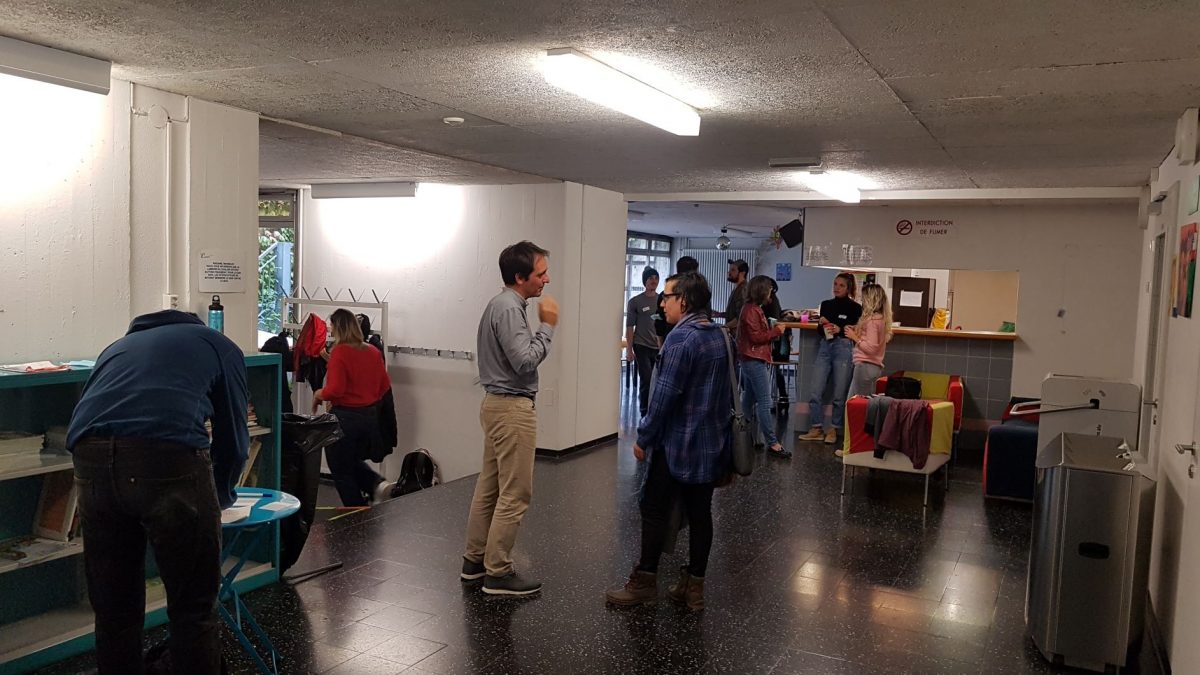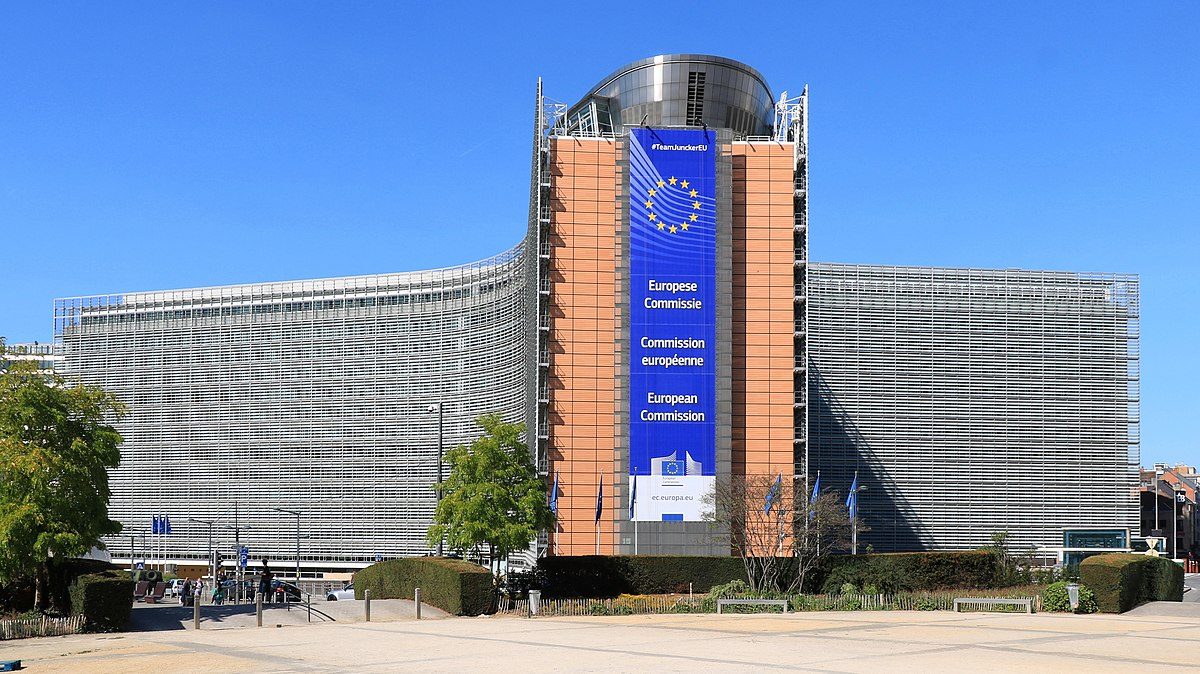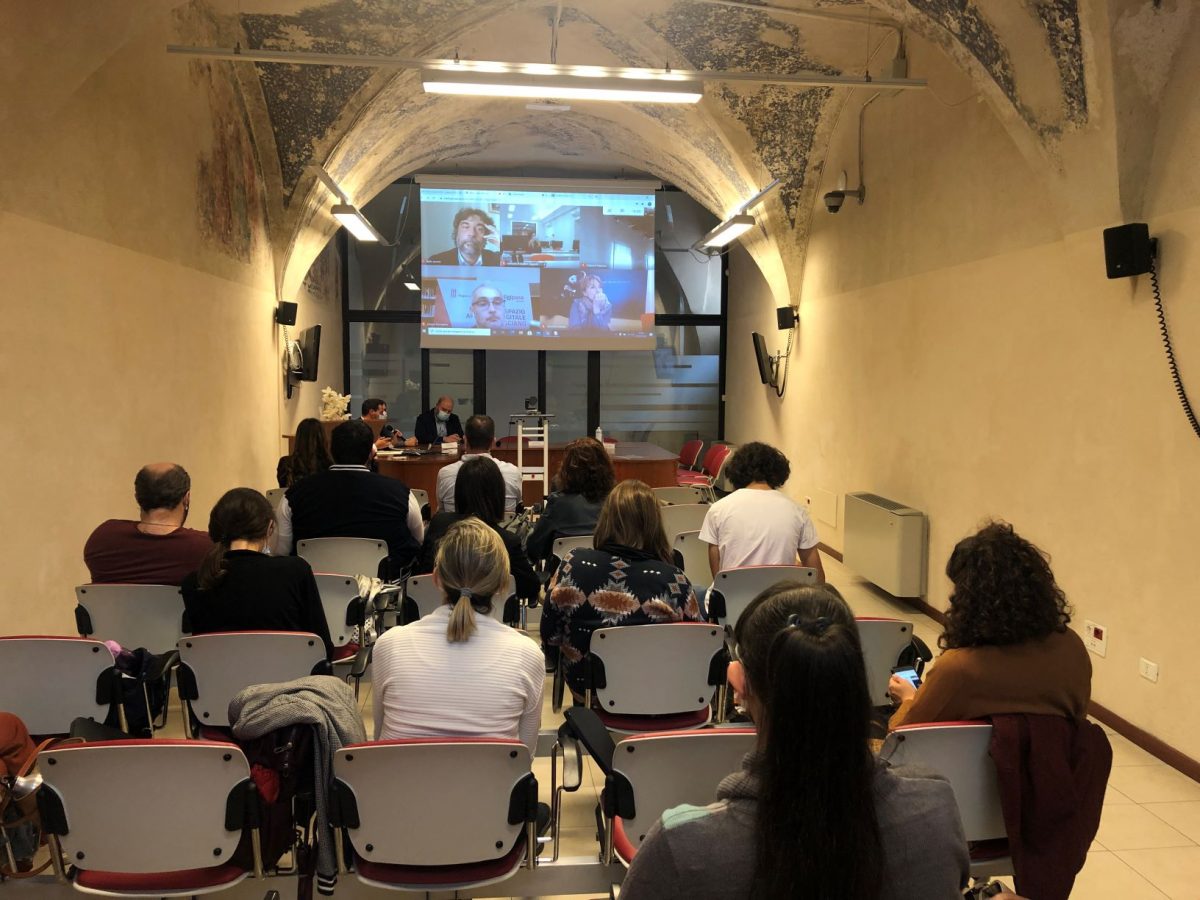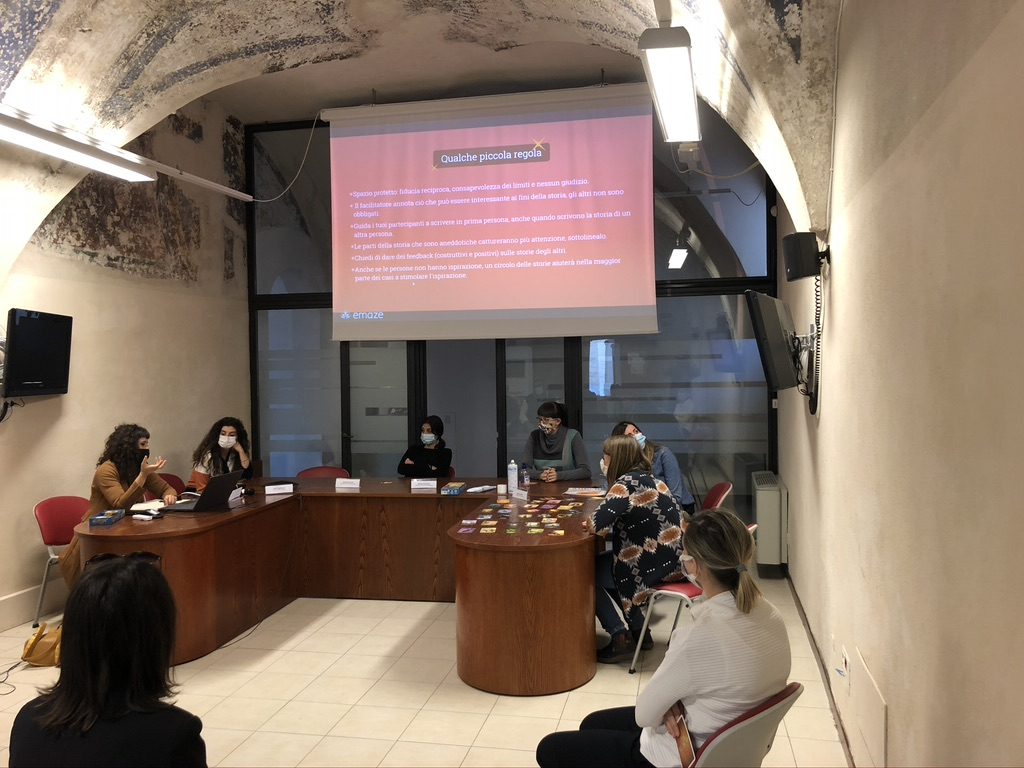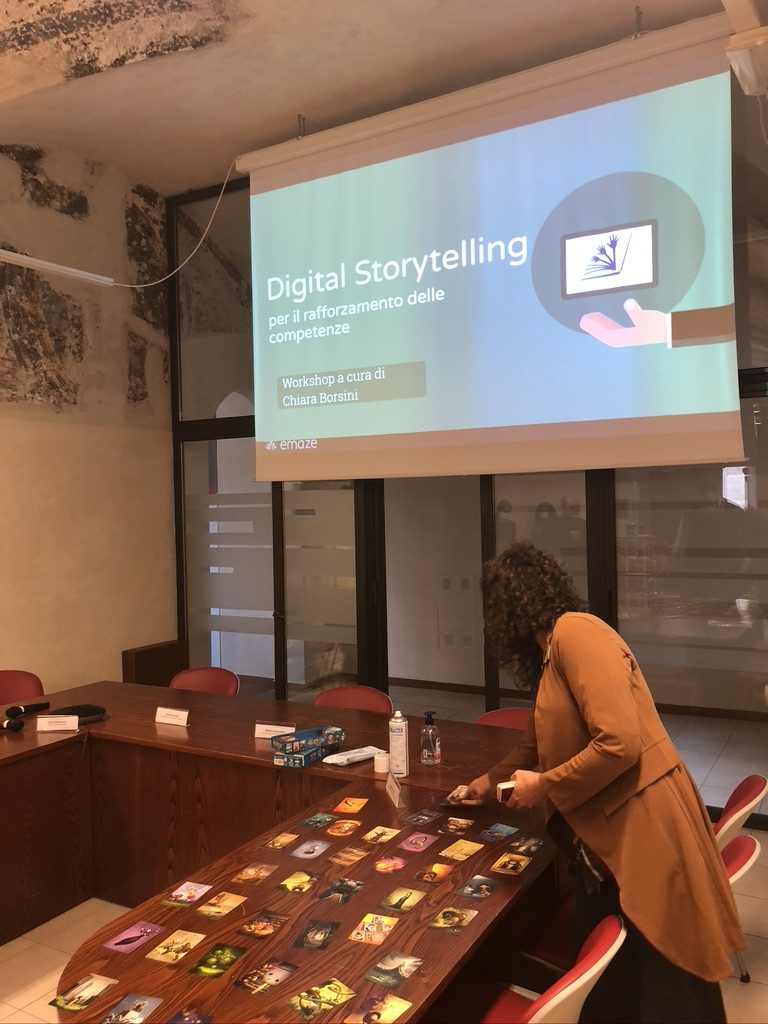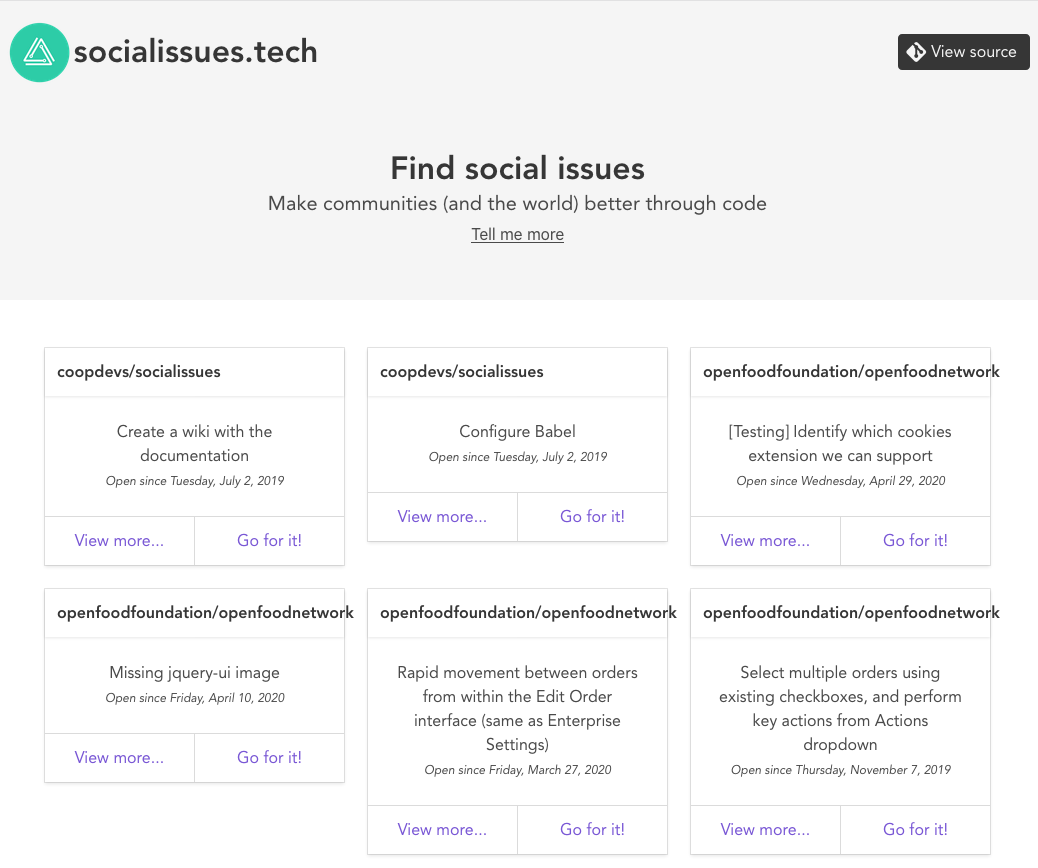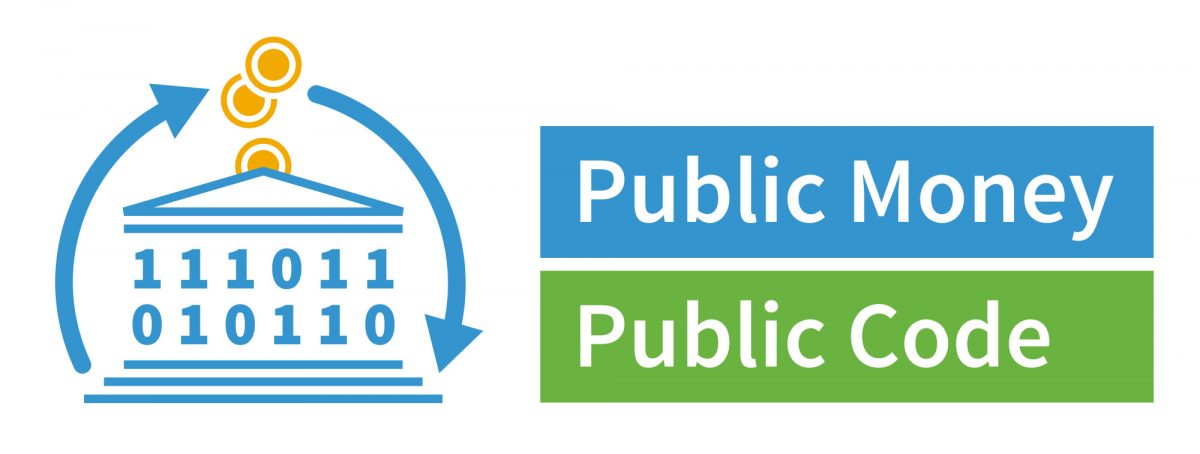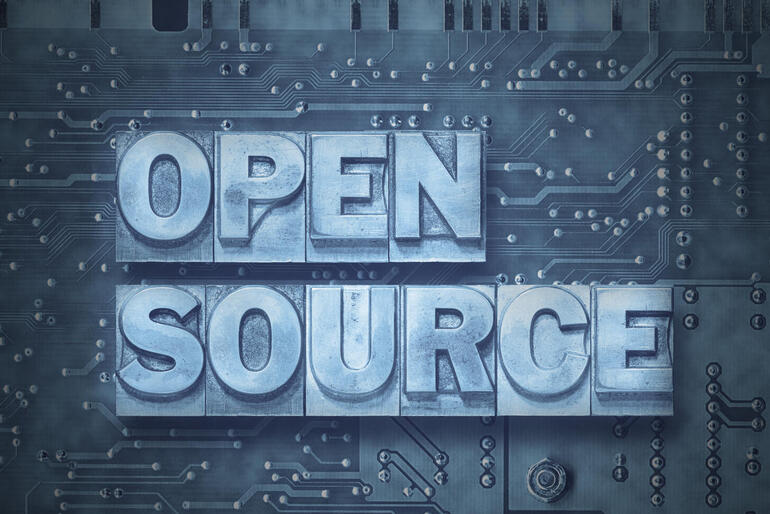Foundation Ynternet.org organized two multiplier events to contribute to the dissemination and exploitation of Open-AE project results. First one took place in Geneve on 29 September 2020 and the second in Lausanne area (Grandvaux) on 31 October 2020. Two events were necessary because interests for participation was higher than COVID-19 restrictions for face-to-face events allowed.
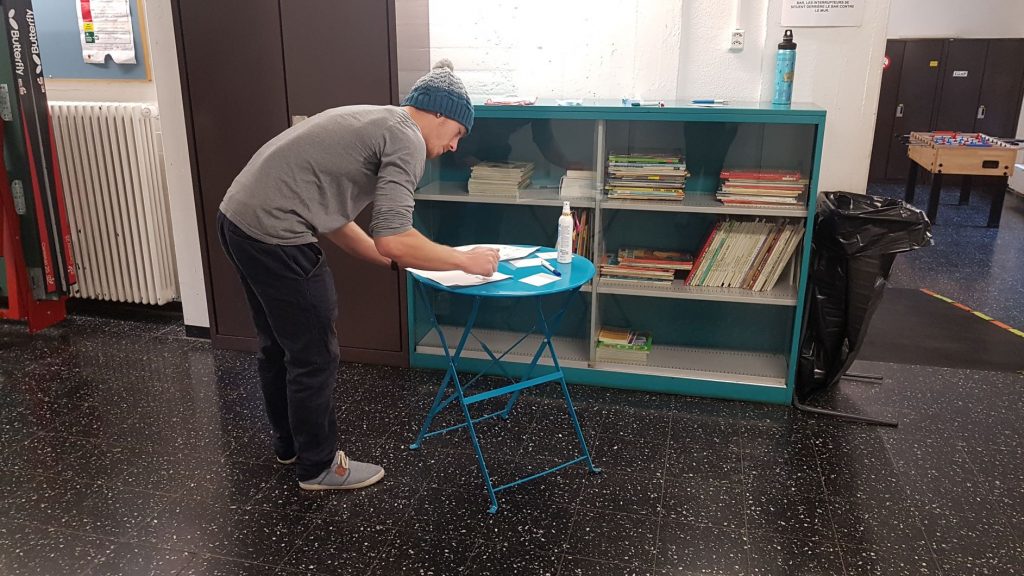
The event in Geneva was organized by Ynternet.org Foundation and the FASe – Geneva Foundation for Sociocultural Animation invited local trainers, facilitators and other stakeholders and local agents to an event that allowed discussions and exchanges around the culture of Free. Specifically, this event made an attempt to answer to: How can it strengthen collaboration, the pooling of resources and digital citizenship?
Athanasios Priftis presented the results of the Open-AE project, with an emphasis on our collaborative tools and methods (academy and toolkit), as well as project’s recommendations for educators / facilitators. The event was followed by representatives of the public administration including the Service Media Schools – SEM – DIP – State of Geneva, municipalities and members of the World Economic Forum.
Florence Devouard, former president of the Wikimedia Foundation and now manages the Wikipedia encyclopedia, led this conference. She joined in video conference mode. Florence gave us instructions and feedback for the practical activities of online collaboration. Athanasios Priftis facilitated the workshop and the exchanges between the participants.
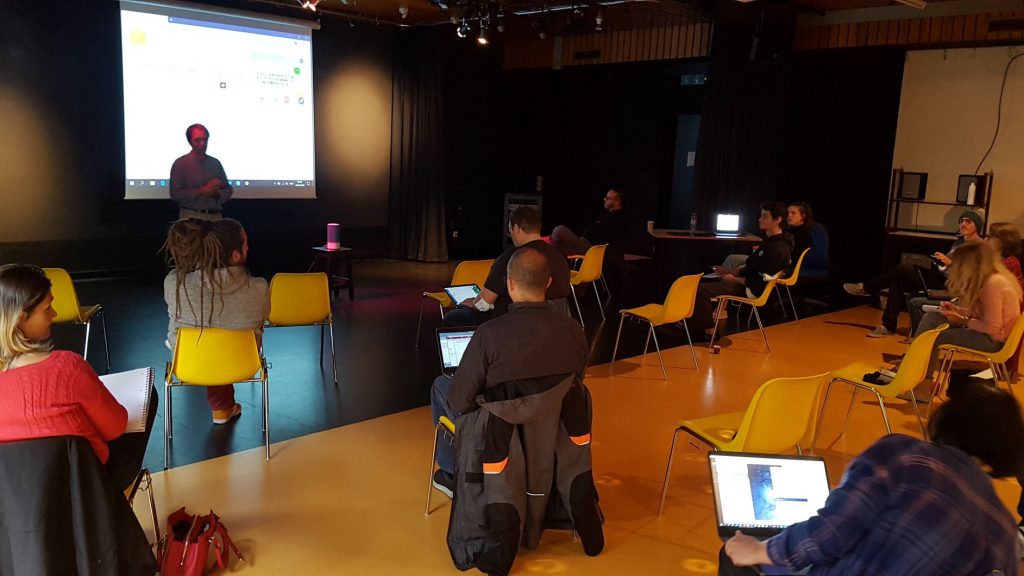
The Yorg Foundation and its network of experts have as mission the promotion of open and free technologies and educational resources (OER). That is why for this Multiplier Event YORG collaborated with FASe, a local swiss partner. FASe is a public law partnership foundation that promotes and strengthens social cohesion in the canton of Geneva. It develops actions for, by and with all types of population.
This event was aimed at facilitators, social workers and trainers working in the education sector, formal or non-formal, but also adolescents and young adults. The goal of this event was not only to present the results and recommendations of the OPEN AE projects but also to strengthen the culture and digital skills of participants, through collaboration, pooling of resources and digital citizenship.
This event allowed YORG to:
- Present and discuss the results of the Open-AE project results (Curriculum, Toolkit, Piloting report and Guidelines for transferability)
- Approach the themes of “digital citizenship” and the culture of Free Software, in relation to Wikipedia, from three angles: generic, “how to fight against fake news?”, data protection oriented, “what uses and consequences?”, health focus, “digital technology: remedy and / or poison?”
The second had the same aim and was moderated by Théo Bondolfi (Social Entrepreneur) and Athanasios Priftis and it also counted with the contribution of Henri Poulain , one of the founders of Datagueule (France 4 television program and web series). The event took place in La Smala Living Lab headquarters, an ecovillage in Grandvaux. This was a good moment to strengthen the local partnership between Yorg and La Smala Livinglab, a strong stakeholder on the French speaking Switzerland with robust experience with Open and Free Software Culture and Floss tools as well as online collaboration and cooperation.
Both events were open to everyone, but had a special interest for people who regularly transmit, through their activity, messages and their knowledge: teachers and trainers, actors in the fields of health, politics, the environment and culture, etc. Participants included environmental trainers, eco community and cooperative members, as well as Living Lab facilitators.
Text and images: Foundation Ynternet.org
